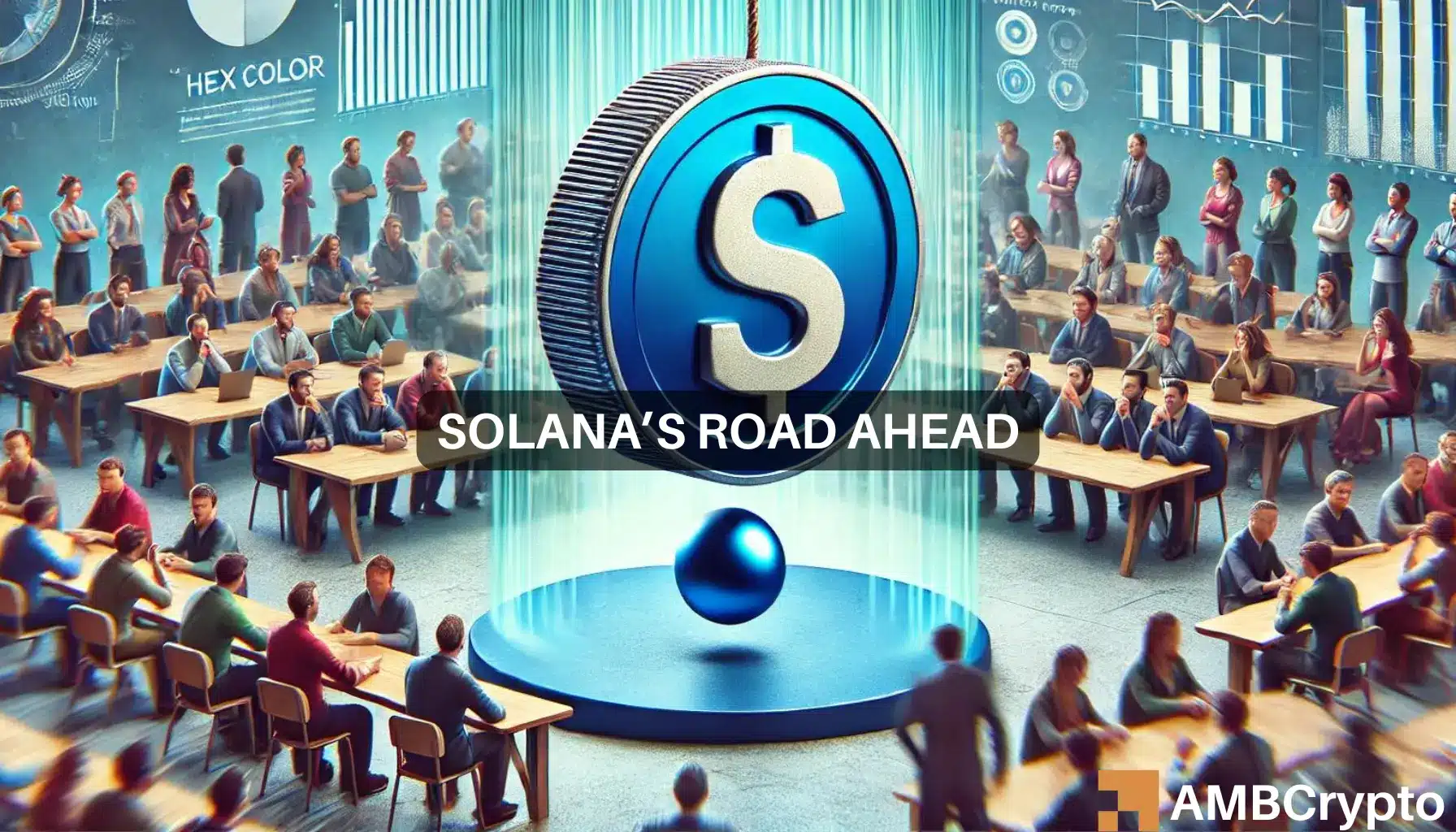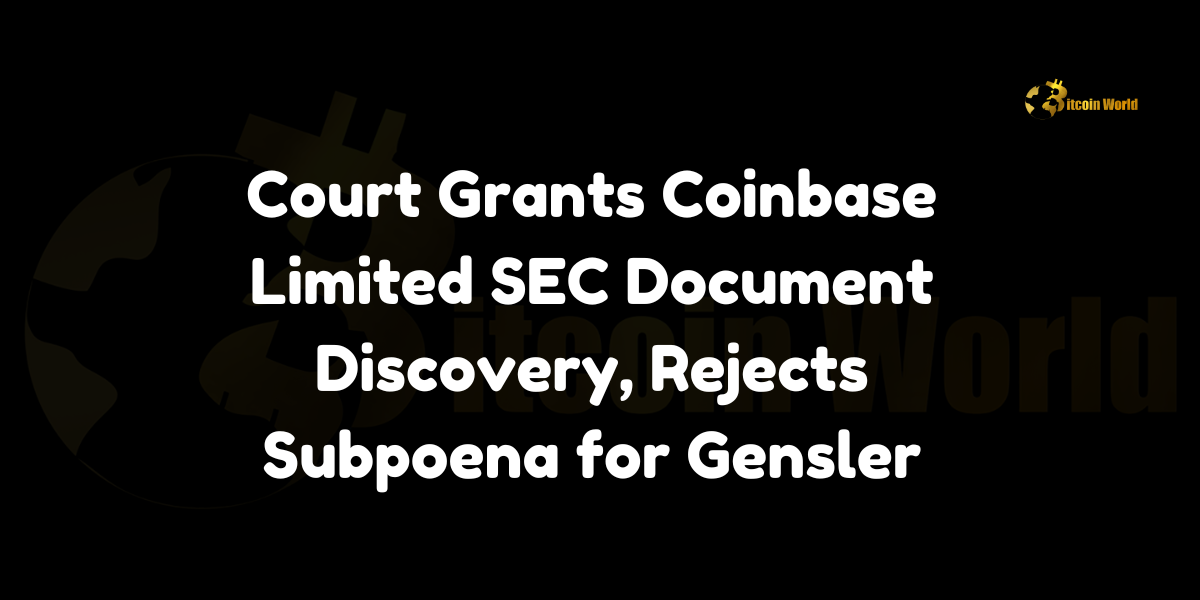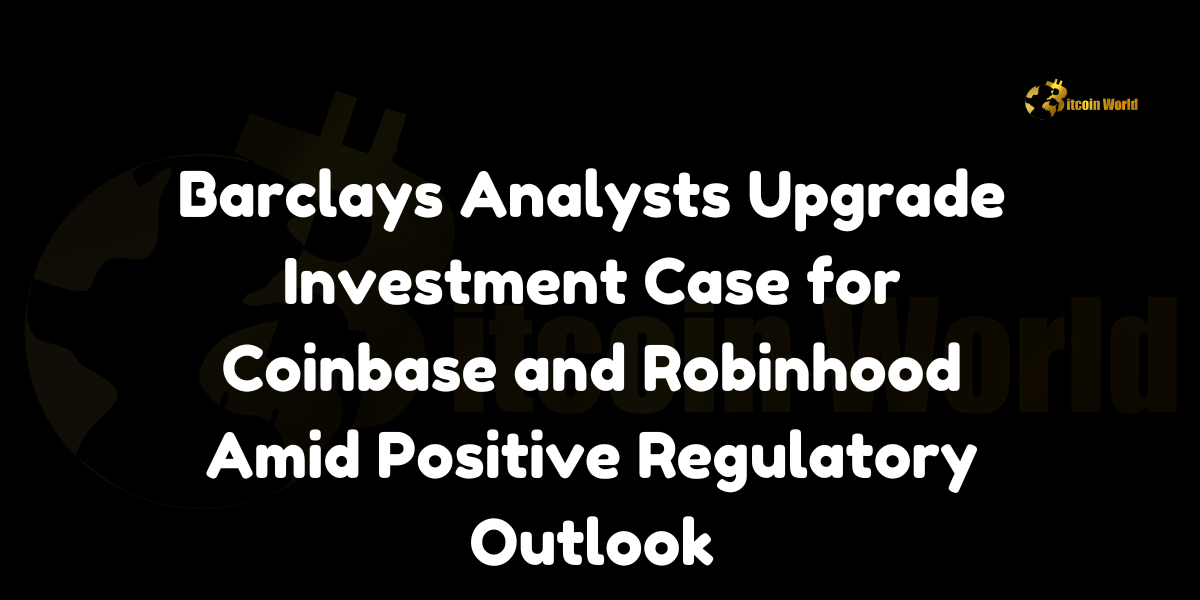What Is Dogecoin?


Dogecoin (DOGE) is based on the popular "doge" Internet meme and features a Shiba Inu on its logo. The open-source digital currency was created by Billy Markus from Portland, Oregon and Jackson Palmer from Sydney, Australia, and was forked from Litecoin in December 2013. Dogecoin's creators envisaged it as a fun, light-hearted cryptocurrency that would have greater appeal beyond the core Bitcoin audience, since it was based on a dog meme. Tesla CEO Elon Musk posted several tweets on social media that Dogecoin is his favorite coin.
How Do You Mine Dogecoin?


Dogecoin differs from Bitcoin's proof-of-work protocol in several ways, one of which is by using Scrypt technology. The altcoin has also a block time of 1 minute, and the total supply is uncapped, which means that there is no limit to the number of Dogecoin that can be mined.
You can mine Dogecoin either solo, or by joining a mining pool. A Doge miner can mine the digital currency on Windows, Mac or Linux, and with a GPU. As of 2014, you can also mine Litecoin in the same process of mining Dogecoin, as the processes were merged.
What Can Dogecoin Be Used For?


Dogecoin has been used primarily as a tipping system on Reddit and Twitter to reward the creation or sharing of quality content. You can get tipped Dogecoin by participating in a community that uses the digital currency, or you can get your Dogecoin from a Dogecoin faucet. A Dogecoin faucet is a website that will give you a small amount of Dogecoin for free as an introduction to the currency, so that you can begin interacting in Dogecoin communities.
How Can You Buy Dogecoin?


You can sell or buy Dogecoin at any exchange that offers the digital currency, store it on an exchange or in a Dogecoin wallet, and tip Dogecoin in any communities that accept Dogecoin. For the latest list of exchanges and trading pairs for this cryptocurrency, click on our market pairs tab.
What Is Dogecoin’s Libdogecoin?


Weeks after the release of Dogecoin Core version 1.14.6, core developer Michi Lumin announced the launch of Libdogecoin, a C-library of the network’s building blocks.
Libdogecoin would allow developers to build Dogecoin-compliant products “without needing to worry about the deeper specifics of the crypto functions.” This means that less technical members can easily design products that comply with Dogecoin standards.
Since the update is a pure library, it will not provide a “runnable” node facility. However, Libdogecoin will support multiple languages, including Python, Node.js and Ruby.
Elon Musk and Dogecoin


The success of Dogecoin is closely intertwined with Elon Musk's passion for it. Musk began tweeting about Dogecoin in early 2021, sharing a Lion King DOGE meme. That kickstarted a furious DOGE rally — with temporary dips — that culminated in Musk's appearance on Saturday Night Live.
After the SNL appearance, DOGE crashed despite Musk's promises to moon its price. In the following months, Musk seemed to lose interest, and the price of DOGE has tumbled over 70% from its all-time high. However, Musk still wields power over Dogecoin, as occasional tweets indicate.
Dogecoin Foundation and Board of Advisors


In 2014, a not-for-profit foundation was formed by members of the Dogecoin team to provide support, advocacy, trademark protection and governance for the cryptocurrency project. However, the foundation was dissolved over time.
After several years of being inactive, the foundation was relaunched in 2021 with a “renewed focus on supporting the Dogecoin Ecosystem, community and promoting the future of the Dogecoin Blockchain.” In addition to some of the original core team, the project now has some seasoned industry players as part of its board of advisors.
According to the foundation’s website, members of the board will meet monthly to discuss issues relating to Dogecoin.
In regards to its advisors, the group is made up of Dogecoin founder Billy Markus, the project’s core developer Max Keller, Ethereum founder Vitalik Buterin and Elon Musk as represented by the head of the Musk’s family office, Jared Birchall.
Members of the Board of Advisors will function in various capacities. While Keller will serve as the project’s technical advisor, Markus will be in charge of the community and memes. Meanwhile, Buterin will function as the blockchain and crypto advisor for the foundation, and Birchall will represent Elon Musk as legal and financial advisor.
As a first assignment, the Board of Advisors will be working to secure three-year funding that would allow it to employ a small, dedicated staff to work on Dogecoin full-time. Up until now, the work on the ecosystem has been done by volunteers.
Companies That Accept Dogecoin


Due to its low transaction fees and constant patronage from Elon Musk, a number of traditional companies have moved to make Dogecoin a payment option.
Here’s a list of some companies that currently accept Dogecoin payments:
* Tesla
* AMC Theaters
* GameStop
* airBaltic
* Dallas Mavericks
* EasyDNS
* Newegg
* Twitch.
What is Blockchain?


Blockchain is a decentralized and distributed ledger technology that securely records transactions across multiple computers in a verifiable and permanent way. It forms the underlying technology for cryptocurrencies like Bitcoin and enables transparency, security, and immutability.
What is Cryptocurrency?


Cryptocurrency is a digital or virtual form of currency that uses cryptography for security. It operates on decentralized networks, typically based on blockchain technology, and facilitates secure and transparent peer-to-peer transactions.
What is Bitcoin?


Bitcoin is the first and most well-known cryptocurrency, created in 2009 by an anonymous person or group known as Satoshi Nakamoto. It operates on a decentralized peer-to-peer network and is used for secure, transparent, and censorship-resistant transactions.
What is the difference between Bitcoin and Altcoins?


Bitcoin is the original and most widely recognized cryptocurrency, while altcoins refer to any other cryptocurrencies besides Bitcoin. Examples of altcoins include Ethereum, Ripple (XRP), Litecoin (LTC), and many others.
What is Staking?


Staking involves participants locking up a certain amount of cryptocurrency in a wallet to support the operations of a blockchain network. It is commonly associated with proof-of-stake (PoS) and delegated proof-of-stake (DPoS) consensus mechanisms, where participants receive rewards for helping secure the network.
How Can I Stake Cryptocurrency?


To stake cryptocurrency, you typically need to choose a platform or network that supports staking. Transfer your tokens to a compatible wallet, follow the staking instructions provided by the platform, and lock up the desired amount of cryptocurrency. Once staked, you may start earning rewards.
What Are Staking Rewards and How Are They Calculated?


Staking rewards are incentives provided to participants who lock up their cryptocurrency to support the network. The amount of rewards varies and is influenced by factors such as the network's inflation rate, the total amount staked, and the specific rules of the staking protocol.
Can I Unstake My Cryptocurrency at Any Time?


The ability to unstake and withdraw your cryptocurrency depends on the specific staking protocol and network. Some platforms may have lock-up periods or unbonding periods during which your staked tokens are inaccessible. Always check the terms and conditions of the staking service.
What are the Risks of Staking?


Staking comes with risks, including the potential loss of staked funds if a participant behaves maliciously or fails to fulfill their responsibilities. Market volatility can also impact the value of staked tokens. It's crucial to thoroughly research the staking protocol and understand the associated risks.
Can I Lose Money by Staking?


While staking is designed to be a rewarding activity, there is a risk of losing money, especially if the value of the staked cryptocurrency decreases or if the staking protocol encounters security issues. It's important to consider both the potential rewards and risks before participating in staking.





